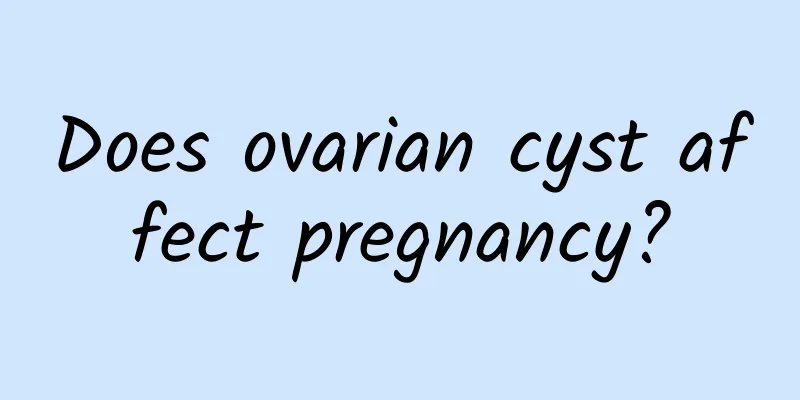How to prevent adenomyosis

|
How to prevent adenomyosis? Preventing adenomyosis: 1. Avoid unnecessary gynecological examinations during menstruation. If an examination is necessary, be careful not to squeeze the uterus too hard to prevent the endometrium from being squeezed into the fallopian tubes and causing endometrial implantation in the abdominal cavity. 2. Avoid intrauterine surgery during menstruation. For example, the fallopian tube patency test must be performed 3 to 7 days after the menstruation is over. If the surgery is performed before the menstrual blood is clean, endometrial debris may enter the abdominal cavity through the fallopian tube and cause ectopic implantation. 3. Try to avoid gynecological surgery near the menstrual period. If it must be performed, be gentle and avoid squeezing. 4. Adhere to contraception and do not or rarely have artificial abortions. Because negative pressure suction is used, if the pressure and method used during the operation are inappropriate, it can also cause blood to flow back into the abdominal cavity and cause endometriosis implantation. 5. Extremely retroflexed uterus or stenosis of the cervix and vagina, congenital uterus without vagina and other reproductive tract malformations, cervical adhesions can all cause poor or impossible menstrual blood discharge, and retrograde menstrual blood flow, causing endometriosis. Therefore, the above diseases should be actively treated to prevent the occurrence of endometriosis. 6. Avoid iatrogenic implantation When performing myomectomy, especially when the uterine cavity is penetrated during the operation, or when performing cesarean section or cesarean section to remove the fetus, the surgical incision should be protected to avoid implantation of endometrial debris in the incision, causing abdominal wall incision endometriosis, or implantation in the pelvic cavity, causing pelvic endometriosis. Dietary precautions for adenomyosis! Patients with adenomyosis should not eat sour foods. Acidic foods have astringent and astringent effect, which makes the blood stagnant and is not conducive to the smooth flow and discharge of menstrual blood. Therefore, people with dysmenorrhea should try to avoid eating such foods during menstruation. Acidic foods include rice vinegar, hot and sour vegetables, kimchi, pomegranate, green plum, bayberry, strawberry, carambola, cherry, sour jujube, mango, apricot, plum, lemon, etc. |
<<: What are the causes of ovarian cysts?
>>: What are the symptoms and treatment of uterine prolapse?
Recommend
Dietary Guidelines for Psoriasis Patients: Balanced Nutrition First
The dietary principles for psoriasis patients hav...
Why do I have diarrhea during my period?
Changes in menstrual cycle, early menstruation, d...
Women with heavy menstruation should not be careless, beware of three diseases that are the real culprit
The normal menstrual volume for women is between ...
Health care knowledge about uterine fibroids
The uterus is a female-specific organ and the cra...
Burst of heat! 4 purple glutinous peanut dumplings = 1 bowl of rice
The Lantern Festival is approaching, and Chinese ...
Endometriosis etiology and pathogenesis
The etiology and pathogenesis of endometriosis ha...
What are the main causes of ectopic pregnancy?
Ectopic pregnancy is also called ectopic pregnanc...
Discuss some details about preventing pelvic inflammatory disease
Patients with pelvic inflammatory disease are mor...
Pizza becomes a light meal. Is eating pizza healthy and can help you lose weight? Nutritionist recommends: Rainbow fruit and vegetable pizza is refreshing and nutritious
Pizza becomes a light meal. Can you eat pizza in ...
The difference between pelvic inflammatory disease and adnexitis
The difference between pelvic inflammatory diseas...
Can I have an abortion if I have gynecological inflammation?
When there is gynecological inflammation, it is u...
Self-massage therapy for pelvic inflammatory disease
What is the self-massage treatment for pelvic inf...
Bilateral polycystic ovaries?
The symptoms of polycystic ovary include menstrua...
Abnormal vaginal discharge but no test results
Abnormal vaginal discharge but no problem found i...
What are the two points that can be summarized as the causes of cervical hypertrophy?
Female patients will only find out the cause of c...









